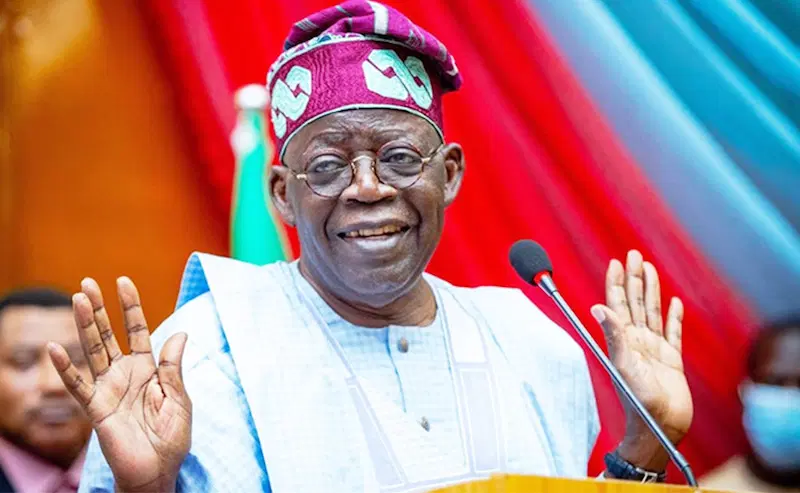As President Bola Tinubu marked Nigeria’s 64th independence anniversary, many anticipated announcements concerning political reforms, particularly aimed at revitalizing the nation’s electoral processes and enhancing the independence of the Independent National Electoral Commission (INEC). The pressing need for electoral reform has become increasingly clear, especially as Nigeria approaches the midpoint of Tinubu’s four-year term.
Instead of tackling these significant issues, President Tinubu reiterated his commitment to Local Government Autonomy and announced a forthcoming 30-day national youth conference. This initiative is intended to empower young Nigerians to engage in discussions about their future—a move that raises questions about its authenticity and intent.
Historically, past administrations have initiated similar conferences without yielding tangible results. President Olusegun Obasanjo’s Political Reform Conference in 2005 and President Goodluck Jonathan’s National Conference in 2014 aimed to reshape the constitutional landscape but ultimately fell short. Notably, the All Progressives Congress (APC), including Tinubu, boycotted Jonathan’s conference, viewing it as a political maneuver to bolster his declining popularity.
In 2018, President Muhammadu Buhari championed the Not-Too-Young-To-Run (NTYTR) Bill, which ignited awareness and activism among the youth, culminating in the #EndSARS protests. However, the aftermath of these movements exposed the limitations of political engagement, particularly evident in the controversial presidential election on February 25, 2023, which left many disillusioned.
As the announcement of a youth conference looms, skepticism arises: Is this a genuine opportunity for youth empowerment, or merely a distraction from the dire economic conditions gripping the nation? Are the government’s intentions aimed at fragmenting youth coalitions that have begun to mobilize for change? Or is it a sincere attempt to engage young people in shaping a future that has been largely determined by previous generations?
Nigerian youth must respond proactively to this call for a conference. Attendance should be robust, ensuring that the dialogue is meaningful and impactful. Boycotting is not an option; the goal should be to create an atmosphere where every voice is heard and valued. The gathering must transcend the pitfalls of being merely a platform for rented groups and become a catalyst for real change.
The youth of Nigeria hold the potential to drive the country towards a brighter future. It is essential that they engage in constructive dialogue, fostering a collective vision without resorting to violence. The phrase “jaw-jaw rather than war-war” underscores the importance of peaceful discourse in pursuing societal progress.
In conclusion, this youth conference must not be another fleeting event, but rather a foundational moment for Nigerian youth to assert their rights and influence. It is time for the younger generation to seize the opportunity, articulate their aspirations, and lay the groundwork for a more equitable and prosperous Nigeria.

